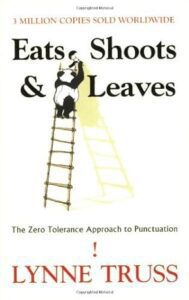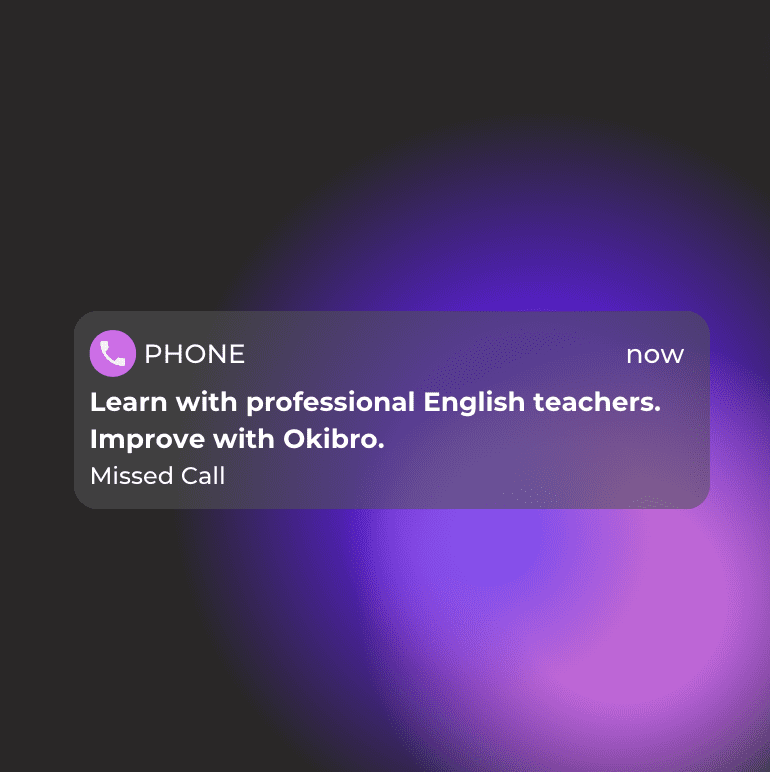Abhorrent vs Aberrant
Hey there!
Today, we’re diving into two such words that often get mixed up:
“Abhorrent” and “Aberrant.”
You might have heard them before, or maybe they’re totally new to you. Either way, no worries!
We’re going to explore these words together, figure out what they really mean, and learn how to tell them apart.
So…
Grab your detective hat, and let’s crack the case of “Abhorrent vs. Aberrant”!
Short answer
“Abhorrent” and “Aberrant” are two words that sound similar but have different meanings.
“Abhorrent” describes something that is really disgusting or hated. It’s like that feeling you get when you see someone being really unfair or cruel – you just can’t stand it.
“Aberrant” refers to something that is not usual or normal. Think of it like someone taking a weird route home instead of the usual path. It’s not necessarily bad, just different from what’s expected.
So, while “Abhorrent” is about finding something totally unacceptable, “Aberrant” is more about straying from the norm.
Definition of “Abhorrent”:
“Abhorrent” is an adjective that describes something that is REALLY disgusting, loathsome, or deeply hated.
When you find something totally unacceptable or morally wrong, that’s when you use “Abhorrent.”
*It’s like seeing or hearing about something that makes your stomach turn because it’s just so wrong or offensive.
10 Ways to Use “Abhorrent” in Your Daily Grind
“I find bullying absolutely abhorrent. It’s just cruel and unfair.”
“The idea of cheating on a test is abhorrent to me – honesty is super important.”
“It’s abhorrent that some people still don’t have access to clean water in today’s world.”
“I heard someone being really rude to a waiter, and I found their behavior abhorrent.”
“The amount of waste we produce as a society is abhorrent. We need to be more eco-friendly.”
“I find the concept of animal cruelty absolutely abhorrent and unacceptable.”
“To me, lying to your friends is abhorrent. Trust is key in any relationship.”
“Seeing people litter in the park is abhorrent – we should respect our environment.”
“The way some characters are treated in this TV show is abhorrent. It’s just not right.”
“Ignoring someone’s request for help when you can easily assist is abhorrent to me.”
Definition of “Aberrant”:
“Aberrant” is an adjective used to describe something that is unusual, not typical, or strays from the norm.
*Think of it like finding a purple tree in a forest of green ones – it’s definitely not what you expect to see.
“Aberrant” doesn’t necessarily carry a negative connotation like “abhorrent” does…
It’s more about something being different from the usual or expected pattern.
Using “Aberrant” in Ordinary Life
“I noticed an aberrant pattern in my sleep this week; I’ve been waking up super early.”
“The teacher mentioned Johnny’s aberrant behavior in class. He’s been really distracted lately.”
“We’ve had an aberrant amount of rain this month, way more than usual for this season.”
“Did you see that bird with the bright blue feathers? It’s aberrant for this area.”
“Her choice of bright pink in the mostly neutral office was certainly aberrant but fun.”
“It’s aberrant for this train to be so empty during rush hour.”
“The scientists observed aberrant growth in the plants exposed to the new fertilizer.”
“Having dessert before dinner is a bit aberrant, but it sounds fun!”
“The app’s aberrant behavior after the update was frustrating for many users.”
“He took an aberrant route home, exploring some streets he’d never seen before.”
Practical Tips for Distinguishing Between “Abhorrent” and “Aberrant”
| Aspect | Abhorrent | Aberrant |
| Meaning | Despicable, loathsome, detestable | Unusual, atypical, deviating |
| Focus | Moral repulsion, intense dislike | Deviation from the norm |
| Connotation | Strongly negative | Neutral or slightly negative |
| Usage in Sentences | Used to describe actions, ideas, etc. | Used to describe behaviors, patterns |
| Emotional Response | Horror, disgust | Surprise, curiosity |
| Examples | Hateful acts, gross injustice | Unusual habits, rare occurrences |
| Related to | Ethics, morality | Variance, difference |
| Typical Contexts | Social issues, personal values | Scientific observations, anomalies |
| Mnemonic Aid | “Horror” in “Abhorrent” | “Errant” in “Aberrant” |
| Nature | Subjective, based on personal views | Objective, based on deviation |
List of Sources to Improve Your Grammar
For readers who are eager to delve deeper into the fascinating world of language and usage, here’s a list of five highly recommended books.
“The Elements of Style” by William Strunk Jr. and E.B. White.

Why Read It: Often called the “bible” of English grammar and style, this classic guide offers clear, concise advice on how to write effectively. It’s a must-read for anyone who wants to improve their writing skills.
“The Mother Tongue: English and How It Got That Way” by Bill Bryson.

Why Read It: Bryson combines humor with history to explore the quirks and intricacies of the English language. It’s an entertaining way to learn about the evolution of English.
“Between You & Me: Confessions of a Comma Queen” by Mary Norris.

Why Read It: Written by a long-time copy editor for The New Yorker, this book offers a blend of memoir, history, and grammar advice. It’s a fun read that provides insight into the challenges of maintaining proper grammar in publishing.
“Grammar Girl’s Quick and Dirty Tips for Better Writing” by Mignon Fogarty.

Why Read It: This book is a practical guide for modern writing challenges. It’s great for quick reference and answers to common grammar questions, presented in an easy-to-understand and engaging manner.
“Eats, Shoots & Leaves: The Zero Tolerance Approach to Punctuation” by Lynne Truss.

Why Read It: This book is a witty and informative look at punctuation. It’s great for understanding the importance of commas, semicolons, and other punctuation marks in giving the correct meaning to sentences.
Each of these books offers a unique perspective on language and will help you sharpen your grammar and usage skills while enjoying the journey through the intricacies of the English language. Happy reading!
